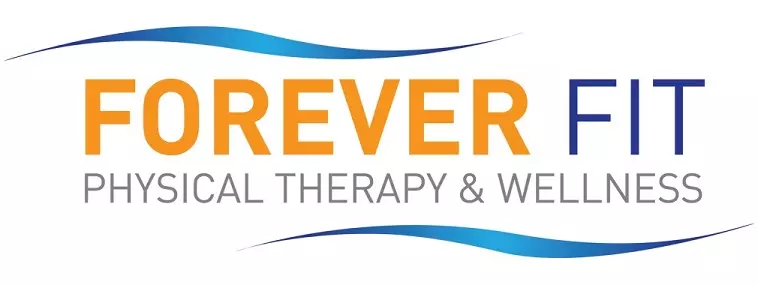Diagnostic Testing
When you go to see a health care provider for an issue, they’re not always able to tell what the source of the problem may be without further testing. That’s why they will often require diagnostic testing. Along with pinpointing the condition or injury that’s causing your issue, diagnostic testing can also help a provider determine effective treatment options as well as check your progress over time.
At Forever Fit, we offer diagnostic ultrasound and electromyography. These diagnostic tests can help us determine the likely cause of symptoms stemming from your soft tissue condition or injury, including the muscles, nerves and tendons. They can also be used as a factor in treatment planning.
What to Know About Diagnostic Ultrasound
A diagnostic ultrasound is a noninvasive imaging test that displays real-time images of the muscles and tendons in the affected area. It can help physical therapists identify the exact location of injury or inflammation so that they know where to target their treatments.
The goal of diagnostic ultrasounds is to evaluate the function and structure of the muscles and tendons to determine the safest and most effective treatments for rehabilitation. A diagnostic ultrasound can be beneficial for treatment planning if you have any of the following conditions or injuries:
- Soft tissue injury (strain, sprain or tear).
- Joint pathology (arthritis, bursitis, etc.).
- Infection.
- Bony injury.
- Peripheral nerve pathology.
What to Know About Electromyography and Nerve Conduction Studies
Electromyography and nerve conduction studies, commonly referred to as EMG/NCS, is a diagnostic test that uses thin needles and electrodes to show the electrical activity of the nerves and muscles in the affected area. The recorded activity can show your physical therapist how the muscles and nerves are functioning.
EMG/NCS can help a physical therapist pinpoint the likely cause of your issues so that they can plan the safest and most effective treatments. If you’re experiencing any of the following symptoms, you’ll likely be recommended to have an EMG/NCS diagnostic test:
- Pain.
- Numbness.
- Tingling.
- Paraesthesia (pins-and-needles sensation).
- Weakness (fatigue or atrophy).
- Cramping.
- Nerve compression.
EMG/NCS is completely safe. You may temporarily experience mild discomfort while the needles are inserted into the muscles, such as a stinging sensation or quick pinching.
Forever Fit Can Help Determine the Best Treatment Using Diagnostic Testing
Having a tailored treatment plan for your symptoms is essential for getting the best results from your physical therapy sessions. Diagnostic tests like EMG/NCS and diagnostic ultrasound can be used as guidance tools for physical therapists to determine the root cause of your problems and what treatments will be the most beneficial. While some issues can be alleviated with therapeutic stretches, others may require manual therapy.
The results from both diagnostic tests provide quick results. Whether you had an EMG/NCS test or diagnostic ultrasound, your physical therapist will go over the results with you during your next visit to Forever Fit. Then you can immediately start the next steps in your rehabilitation journey.
To ensure that your treatments target the right issues, contact our team day for more information about our diagnostic testing or to schedule an initial appointment.
